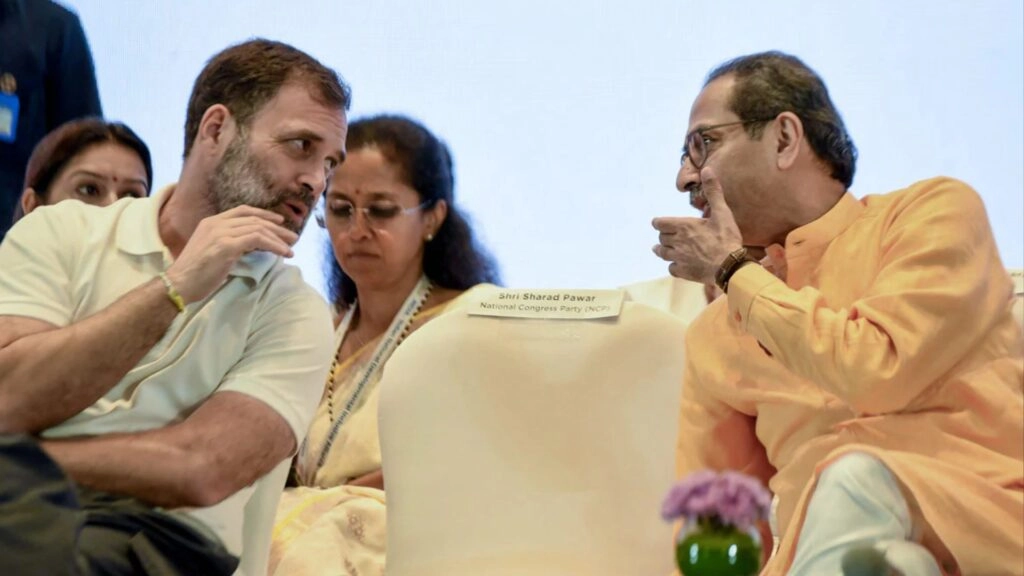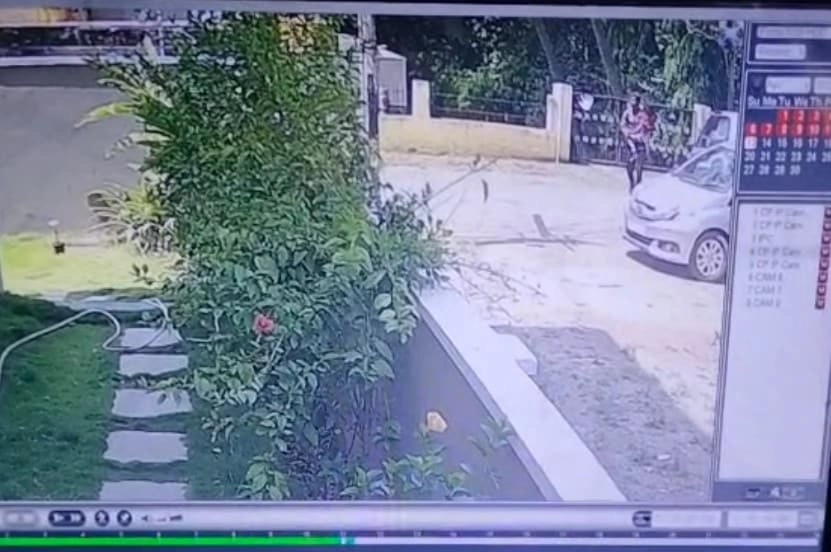In a resolute response to recent U.S. airstrikes that resulted in the deaths of 74 individuals, the Houthi movement in Yemen has firmly declared its intention to escalate military operations. These strikes, aimed at Houthi positions in the ongoing conflict that has ravaged Yemen for years, have intensified the already volatile situation in the region. The Houthis, who are backed by Iran and have been engaged in a protracted war against the internationally recognized government of Yemen and its allies, view these attacks as a direct provocation that warrants a robust response. Their leadership has publicly vowed to not only continue their military campaigns but to increase the frequency and intensity of their attacks, signaling a dangerous escalation in an already complex conflict.
The U.S. strikes, which were reportedly carried out in response to Houthi drone and missile attacks on U.S. interests in the region, have drawn condemnation from the Houthis and their supporters. The group’s spokesperson emphasized that the U.S. military’s involvement only serves to further entrench hostilities and complicate efforts toward peace negotiations. The Houthis have portrayed their military actions as part of a legitimate resistance against foreign intervention, arguing that the U.S. strikes are a violation of Yemen’s sovereignty. This narrative has resonated with some segments of the Yemeni population, further complicating the dynamics of the conflict and the prospects for peace.
As the situation unfolds, the potential for further violence looms large. The Houthis’ vow to intensify their attacks not only raises concerns about the safety of civilians in Yemen but also poses a risk of broader regional instability. Analysts warn that an escalation in hostilities could draw in other regional powers and lead to a wider confrontation, reminiscent of the proxy conflicts that have characterized much of the Middle East in recent years. The international community, while advocating for a peaceful resolution, faces significant challenges in mediating between the conflicting parties, particularly in light of the Houthis’ defiance in the face of U.S. military action.
In conclusion, the Houthis’ determination to retaliate against U.S. strikes highlights the fragility of the situation in Yemen. As both sides prepare for potential escalations, the humanitarian implications are dire, with millions of civilians already suffering the consequences of the protracted conflict. The international community must grapple with the urgent need for a diplomatic resolution, as the cycle of violence threatens to spiral further out of control. With each passing day, the hope for peace becomes increasingly elusive, underscoring the urgent need for renewed dialogue and a commitment to ending the suffering of the Yemeni people.




